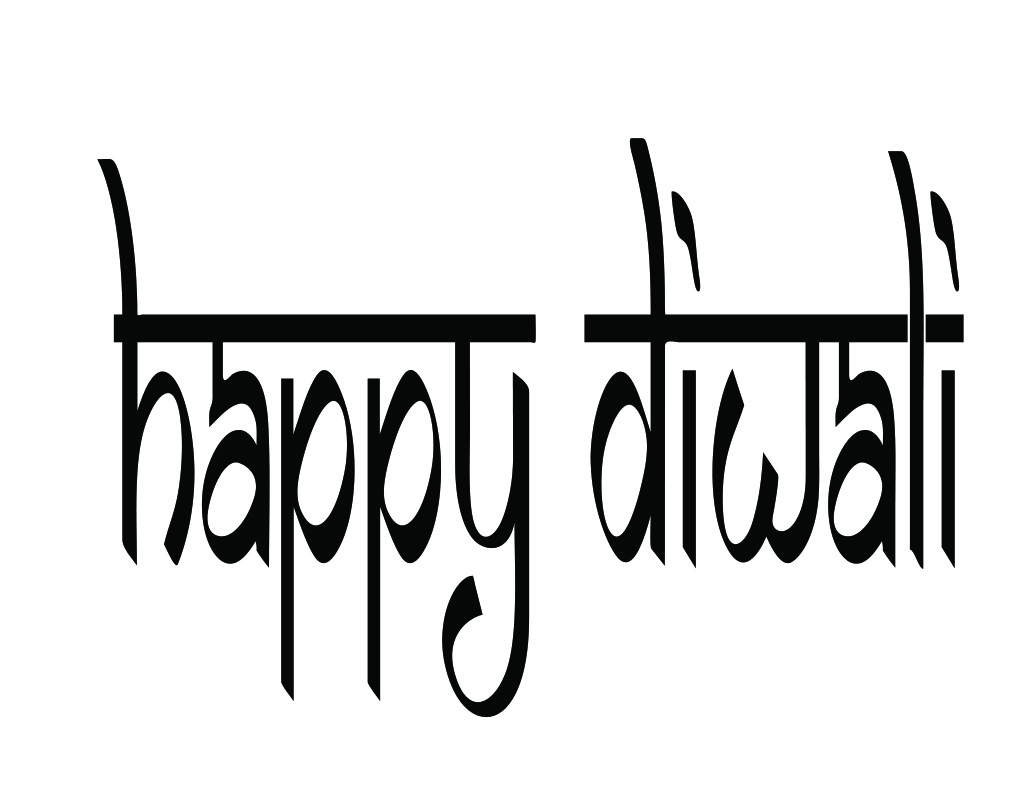National festivals are the lifeblood of a nation. They add charm and thrill to our humdrum life. India being a melting -pot of religions, race, and cultures, it has a plethora of festivals and feasts.
Among these, Diwali perhaps is the most pan-Indian festival celebrated with great pomp and mirth throughout the length and breadth of the country. Diwali, better known as, Deepawali among the Indian masses, is a festival of lights.
ADVERTISEMENTS:
The exact origin of the festival is not known. Some believe that it is connected with the triumph of Lord Krishna over Nakrasura. Some associate the origin of the festival to the worship of goddess Lakshmi, the goddess of wealth.
However, the most prevalent belief is that the festival marks the victory of Lord Rama over Ravana. On this day, it is believed that Rama came back to Ayodhya after his victory over evil Ravana of Lanka who had taken away his wife, Sita.
People greatly rejoiced the return of their beloved prince. They lighted up whole Ayodhya with earthen lamps, decorated their houses and welcomed them with pomp and ceremony. The present day celebration of Diwali is held in remembrance of this event.
Diwali is generally celebrated in late October or early November, soon after the rainy season is over. A lot of preparation goes in before the actual festival. Houses are cleansed, white washed and painted. Every nook and corner of the house is swept clean.
ADVERTISEMENTS:
Thereafter, in the evening earthen lamps and decorative lights are put in and around the house giving an atmosphere of joy and happiness. As the night approaches, children light up the sky with their firecrackers. The streets and bazaars bear a dazzling look.
Illumination of every hue and colour light up shops and buildings. Thus, there is gaiety, cheerfulness, merrymaking and fun everywhere. There is joy on every face. On this day every one put on their best dress which has been purchased well in advance. People exchange greetings and share sweets and meals as a mark of friendship and brotherhood.
Diwali is an important day for the traders. It is the beginning of Hindu commercial calendar. Many of them start their new account books on this day, after the puja held in honour of goddess Lakshmi, the goddess of wealth. Special prayers are offered to goddess Lakshmi for her blessings on the household and on business.
The festival of Diwali teaches us many values of life. More than anything else the festival symbolises the ultimate victory of good over evil. It teaches us that one day or other the evil existing in this world would be subdued by goodness and righteousness. Rama’s obedience to parents, Sita’s faithfulness, Lakshman’s unflinching love for his brother, etc., teach us many noble lessons of life.
ADVERTISEMENTS:
The festival is a national festival celebrated by everyone irrespective of caste, creed and race. It therefore, promotes unity, common brotherhood, and communal harmony. Hence, in a world like ours, broken by narrow domestic walls of religious fanaticism and social disharmony, a festival like Diwali can bring people together, heal wounds, and can help in fostering national integration.
Of late, external celebrations of Diwali have taken predominance over its religious content. As years proceed the celebration is becoming more commercial and superficial leading to much unhealthy practices, like gambling and drinking. Therefore, there is an urgent need to put sobriety, restraint, and caution in the present-day celebration of Diwali, so as to maintain its sanctity and original grandeur.

